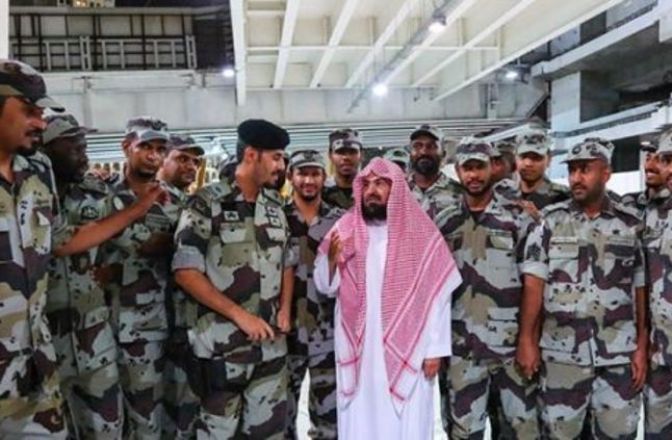(LANKAPUVATH | COLOMBO) – The holy cities of Makkah and Madinah hold a special place in the hearts of Muslims globally, symbolizing a profound spiritual journey that many aspire to undertake in their lifetime. The pilgrimage to these holy sites is a deeply cherished dream for believers, transcending geographical and economic boundaries.
The pilgrimage to Makkah and Madinah is not merely a religious duty but a profound dream cherished by millions across the globe. Despite varying economic circumstances, individuals strive to enhance their means to partake in these sacred rituals.
Saudi Arabia, cognizant of the significance of Hajj and Umrah, diligently endeavors to cater to the needs of pilgrims, offering a plethora of facilities and infrastructure. From essential amenities to ensuring a seamless worship experience, the kingdom leaves no stone unturned in facilitating the pilgrimage journey.
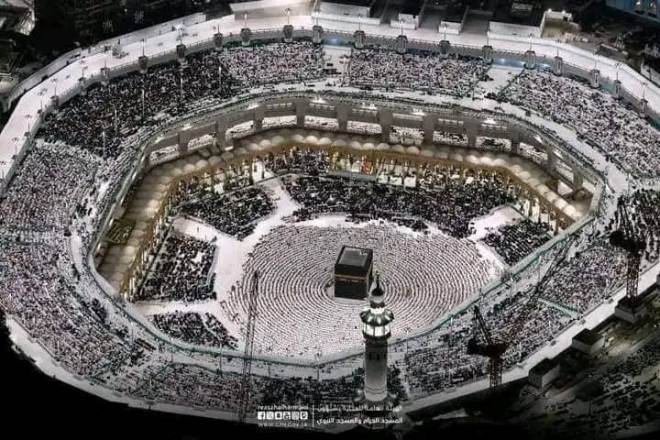
While pilgrims flock to Makkah and Madinah throughout the year, the numbers surge significantly during Ramadan and Hajj. Despite the logistical challenges posed by the influx of millions, Saudi Arabia remains unwavering in its commitment to extending hospitality and support to all pilgrims, exemplifying its dedication to serving the global Muslim community.
Saudi Arabia remains steadfast in its commitment to ensuring the safety and satisfaction of every Muslim undertaking the sacred pilgrimages of Hajj and Umrah. With meticulous attention to detail and an unwavering dedication to service, the kingdom has continually astounded the global community with its provision of comprehensive facilities and a secure environment for worshippers.
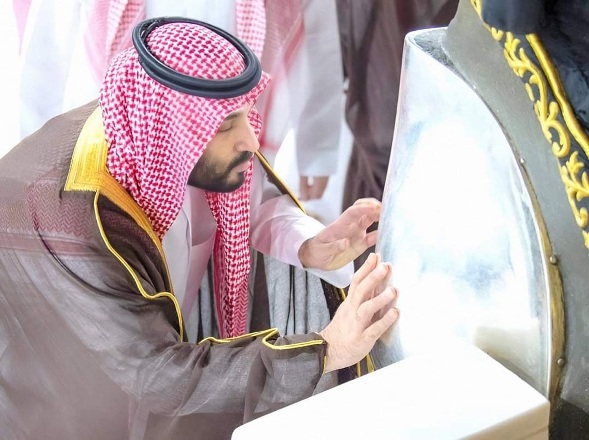
At the heart of Saudi Arabia’s tradition is the esteemed designation of Guardian of the Two Holy Mosques, conferred upon every reigning King of Saudi Arabia. This title serves as a testament to their solemn duty to serve the people, particularly evident in their unwavering support and dedication to the millions of pilgrims who journey to the holy sites each year.
From the era of King Abdul Aziz to the present reign of King Salman and Crown Prince Muhammad bin Salman, Saudi rulers have remained steadfast in their commitment to serving the pilgrims with unparalleled dedication. Their tireless efforts and unwavering support ensure that pilgrims experience the utmost comfort and security during their sacred journeys.
The extraordinary services provided by Saudi Arabia during the month of Ramadan 2024, particularly during the pivotal last ten days and the revered 27th fast, are not only worthy of immense praise but also invoke supplication to Allah for their continued blessings. The sheer magnitude of the services extended to the three and a half million Umrah pilgrims in Makkah and Madinah speaks volumes about the kingdom’s commitment to facilitating a seamless pilgrimage experience.
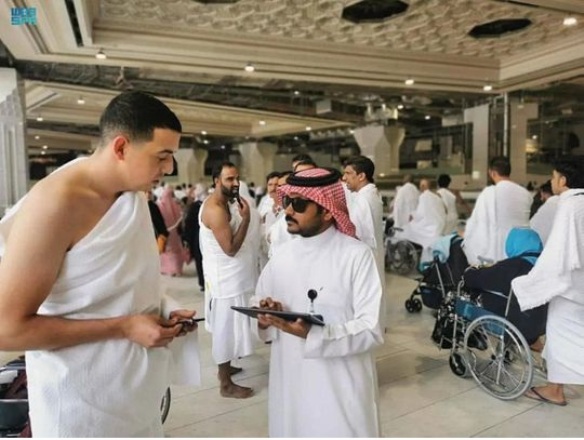
Every facet of the pilgrimage journey, from accommodation to security, has been meticulously attended to by a collaborative effort involving the Saudi King, Prince, and various government ministries including Islamic Affairs, Hajj and Umrah Affairs, and Internal Affairs. Additionally, the steadfast dedication of the security forces and custodians of the holy Haram Sharifs, along with the unwavering support of foreign ambassadors, has contributed to the successful execution of these services.
Traditionally, the last ten days of Ramadan, particularly the nights of the 27th, 28th, and 29th, witness heightened spiritual fervor among Muslims worldwide. In the sacred precincts of Makkah and Madinah, this devotion is magnified manifold. The provision of maximum services to the 3.5 million pilgrims during these auspicious days underscores Saudi Arabia’s unparalleled commitment to facilitating worship and pilgrimage, leaving no room for doubt regarding their exemplary dedication.
Hosting a meeting of a few thousand individuals is no small feat, let alone managing pilgrims from diverse regions, languages, and cultures converging in one place. Yet, Saudi Arabia rises to the occasion, ensuring pilgrims can worship peacefully and safely amidst this diversity.
The Saudi rulers deserve commendation for their unwavering commitment to providing pilgrims with a conducive environment for worship. The commendable efforts of the Saudi security forces, who tirelessly serve under the directives of the rulers, further underscore the kingdom’s dedication to ensuring the safety of the pilgrims.
It is a longstanding tradition for Saudi rulers, including King Abdul Aziz (RA), the kingdom’s founder, to personally oversee services for pilgrims during the last ten days of Ramadan and Hajj, extending necessary aid and cooperation. This tradition continues under the leadership of King Salman and Prince Muhammad bin Salman, who, along with government ministers and employees, are stationed in holy Mecca, ensuring all pilgrims’ needs are met. Notably, Prince Muhammad bin Salman takes a hands-on approach in leading these efforts on the ground.
Throughout the history of Saudi Arabia, spanning from the reign of King Abdul Aziz to the present day, it has been customary for Saudi rulers to engage with foreign dignitaries, ministers, and Muslim leaders during the sacred periods of Ramadan and Hajj. These interactions typically entail discussions on matters concerning the global Muslim community and the provision of humanitarian aid.
In keeping with this tradition, Prince Muhammad bin Salman recently convened meetings with leaders and dignitaries from various nations, including the Prime Minister of Pakistan, the President of Somalia, and the King of Bahrain, in the holy city of Makkah. These gatherings served as platforms for dialogue and collaboration, with Saudi Arabia extending offers of humanitarian assistance to the respective countries.
Muslims around the globe share a unified aspiration for the continued leadership of the Al Saud lineage in overseeing the administration of Holy sites of Makkah and Madinah, Hajj, and Umrah affairs, as well as governing Saudi Arabia. There is a universal expectation and hope that the holy sites, including Makkah and Madinah, remain under their guardianship until the Day of Judgment. This sentiment reflects the deep respect and honour Muslims have for the descendants of Al Saud in their role of serving and overseeing these sacred sites.
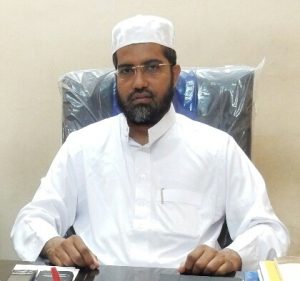
M. H. Shehudeen Madani (BA Hons)
Director,
Al Hikma Foundation, Colombo

